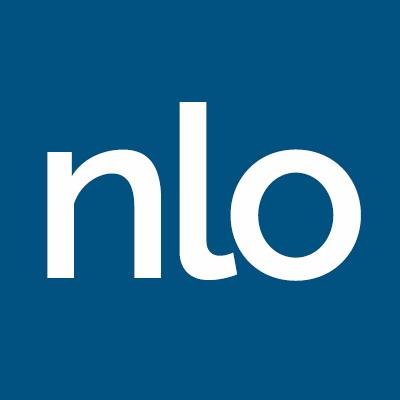

Usher concluded that the public favoured a large centrist party, but that existing political organisations would not permit it. He also contended that MacDonald could not return to the Labour Party, which harboured extreme bitterness about the manner in which the National Government was formed. Usher argued that it was not possible to create a distinctive National Labour Party because any distinctive policy would threaten the unity of the National Government coalition. Usher stated that MacDonald needed to answer three crucial questions: first, whether he wanted to form a new party second, whether he envisaged returning to the Labour Party and third, whether the National Government would continue for a long time and produce a single party of the centre. In December, MacDonald's private secretary Herbert Usher wrote a long memorandum asking key questions about what type of ongoing organisation was needed. The general organisation of National Labour during the election was run by Benjamin Musgrave. Three more candidates withdrew before polling day. Of the 20 candidates actually nominated, six faced a rival Conservative candidate and one a rival Liberal National. He later rejoined the Labour Party and would end up in Clement Attlee's 1945-1951 government as Lord High Chancellor.Ĭonservative Party chairman Lord Stonehaven complained back to MacDonald about his promotion of "unknown candidates introduced at the very last moment by yourself" competing against Conservatives who had promised him their support, which risked handing the seats to the opposition. Jowitt subsequently stood and lost as a National Labour candidate for Combined English Universities. MacDonald himself tried to intervene and on the day after the election was announced complained that Attorney-General Sir William Jowitt had been forced out of Preston and the Conservatives could not find a local association willing to accept him. By 14 October, with the close of nominations imminent, persistent Conservative associations and candidates had forced National Labour candidates to withdraw in four constituencies and there were only 25 candidates confirmed, 10 of whom had Conservative opposition. Local Conservatives refused to withdraw their candidates, and in Liverpool Everton, sitting National Labour MP Derwent Hall Caine found himself opposed (and eventually beaten) by a Conservative. However, the Conservatives objected to many of the entries such as Kensington North and Birmingham Erdington, which were marginal former Conservative seats that had only narrowly gone to Labour in 1929. Frank Markham then drafted a list of 35 constituencies in which National Labour wanted to stand for election and wanted the Conservatives to support them. Negotiations with Conservative Central Office began after a meeting on 25 September, when the Conservatives had reassured MacDonald that it would not be difficult to come to agreement. Frank Markham (MacDonald's Parliamentary Private Secretary) and the junior minister Earl De La Warr set up a National Labour Committee to run the election. At the start of the election, MacDonald denied Labour Party claims that the funds had come from the Conservative Party. National Labour had collected £20,000 in total for election expenses. An offer of £100,000 funding from Lord Beaverbrook seems to have been declined, but Sir Alexander Grant gave £250 and the Duke of Westminster gave £2,000 through Maundy Gregory. MacDonald was adamant that National Labour should be separate and not connected to Conservative Central Office.

The group thought that a further ten candidates could easily be found. Preparations had been started on 19 September and by early October National Labour supporters had a list of 34 seats which they wanted to fight: 14 out of 15 sitting National Labour MPs wished to fight for re-election and a further ten candidates were ready to stand in other seats. The sudden decision to call a general election in October 1931 left MacDonald and the other Labour supporters with the difficult job of organising their own re-elections without any form of organisation. He also received no support from any of the Constituency Labour Parties or major trade unions affiliated with the Trades Union Congress. History 1931 general election Īfter Prime Minister Ramsay MacDonald formed a National Government with the Conservative and Liberal parties to implement spending cuts rejected by the Labour Party, he and his supporters were expelled from the party.


 0 kommentar(er)
0 kommentar(er)
